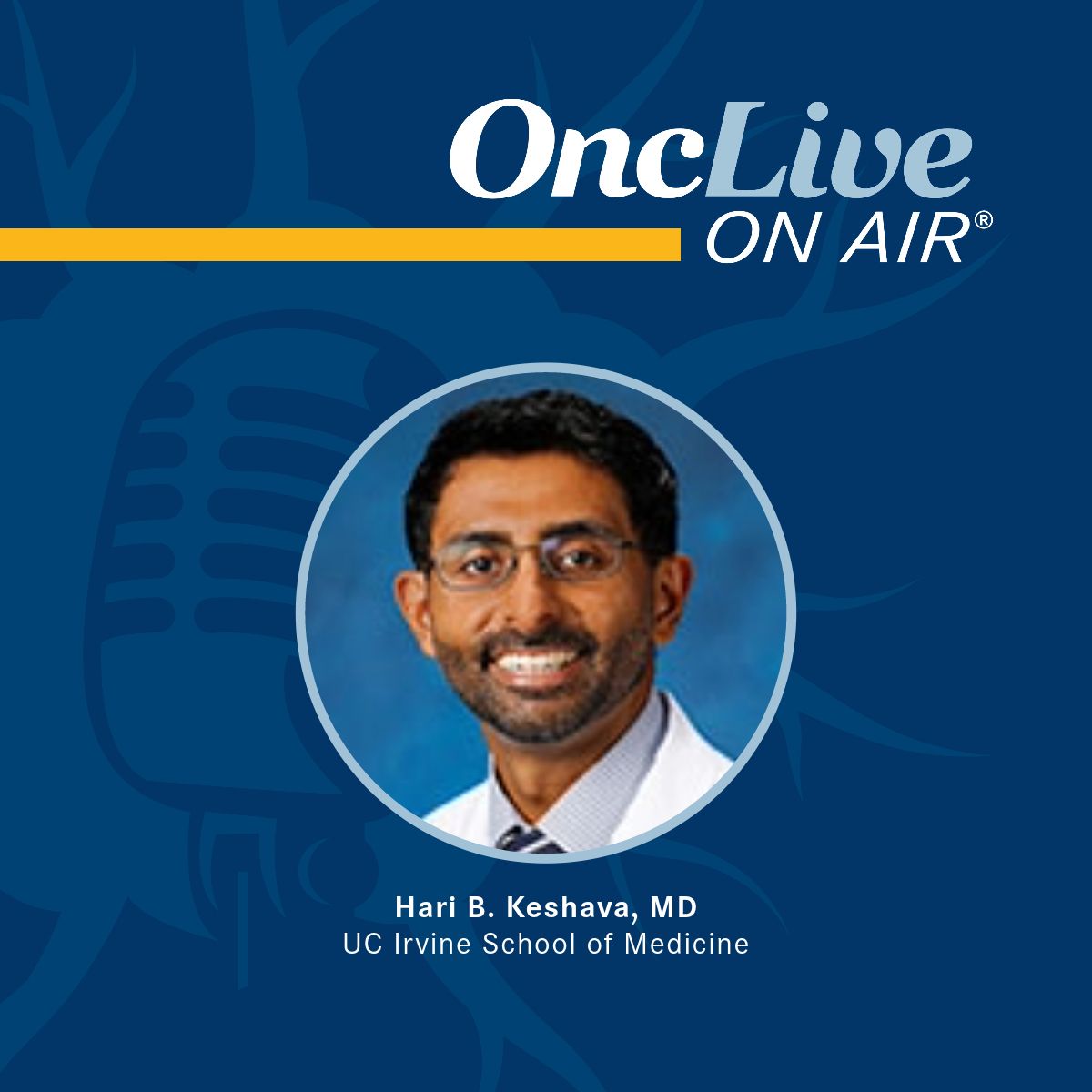Video
Dr. Saxena on a Challenging Case of NSCLC
Ashish Saxena, MD, PhD, discusses a challenging case of a patient with non–small cell lung cancer.
Ashish Saxena, MD, PhD, assistant attending physician, NewYork-Presbyterian Hospital, assistant professor of medicine, Madeline and Stephen Anbinder Clinical Scholar in Hematology/Oncology, Weill Cornell Medical College, Cornell University, Weill Cornell Medicine, discusses a challenging case of a patient with non–small cell lung cancer (NSCLC).
During the 16th Annual New York Lung Cancers Symposium®, Saxena participated in a panel discussion of challenging cases in lung cancer. Saxena presented the case of a man diagnosed with stage IV NSCLC who was found to harbor an uncommon EGFR mutation. Data showed that the EGFR mutation was sensitive to targeted therapy; however, the patient did not initially respond to treatment. Sequential molecular testing with broader panels identified a secondary MET amplification, which could explain why the patient did not respond to targeted therapy, Saxena explains.
Thereafter, the patient received immunotherapy and remained in a response for 2.5 years on treatment and an additional 2 years off treatment without evidence of disease, Saxena says. Subsequently, the patient developed rapid progressive disease in the brain and leptomeningeal disease that was difficult to treat.
Ultimately, this case underscores the importance of repeat molecular testing to inform a patient’s likelihood of response, as well as the potential utility of immunotherapy in patients who are not likely to respond. In this case, the patient received immunotherapy as a third-line option when there weren’t alternative treatments available. Additionally, this case highlights remaining challenges in treating central nervous system and leptomeningeal disease, Saxena concludes.






%201%20(1)-Recovered%20copy.jpg?fit=crop&auto=format)


%201%20(1)-Recovered%20copy.jpg?fit=crop&auto=format)